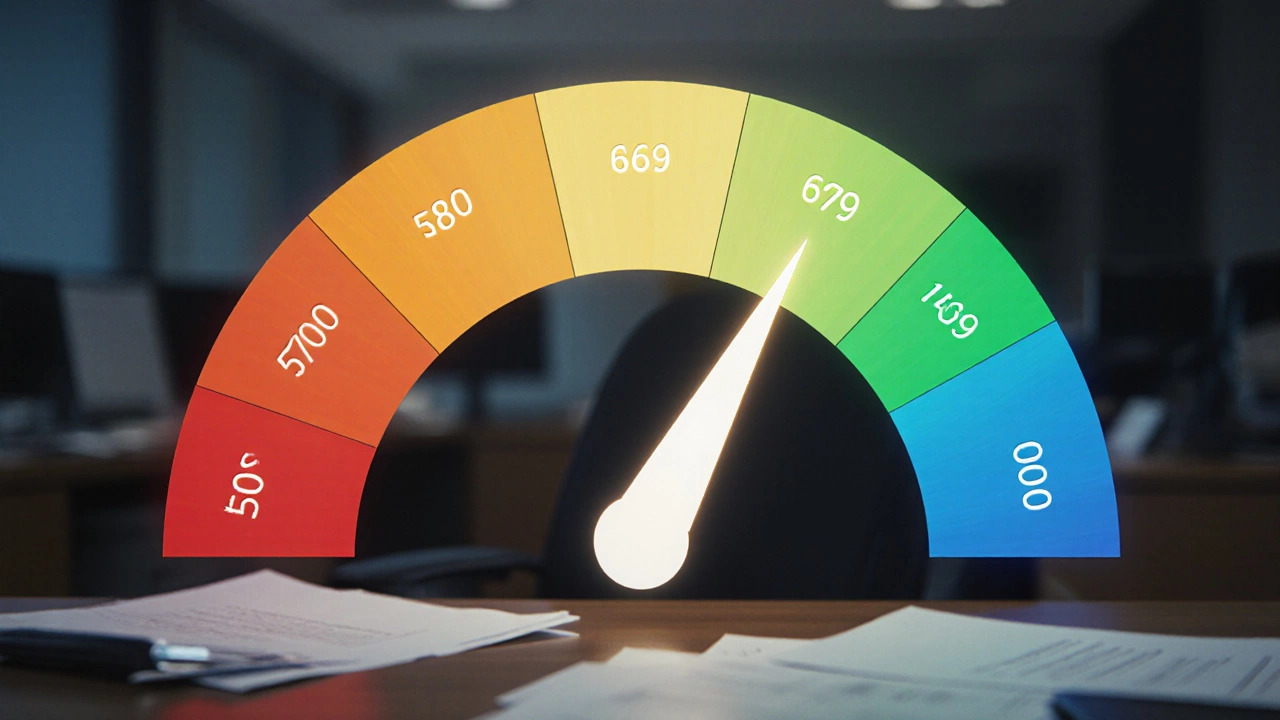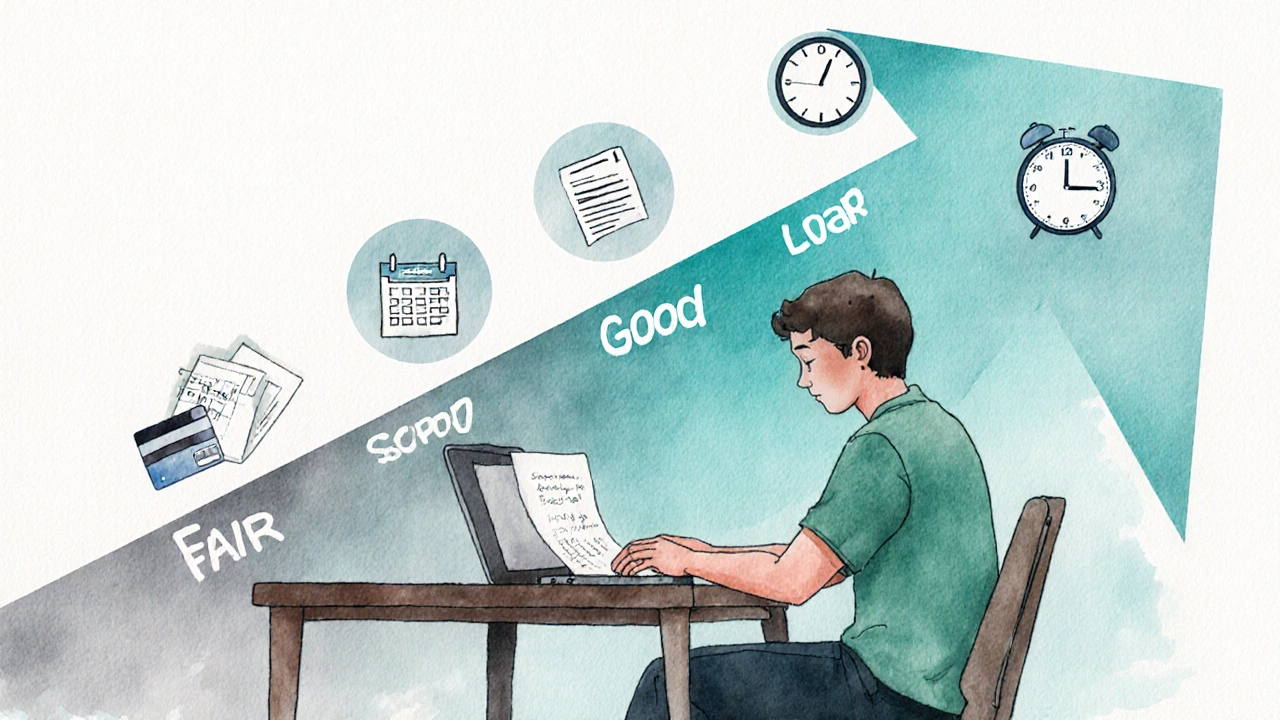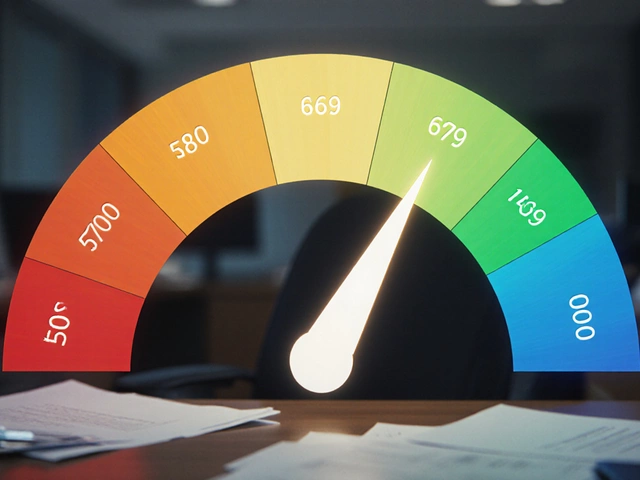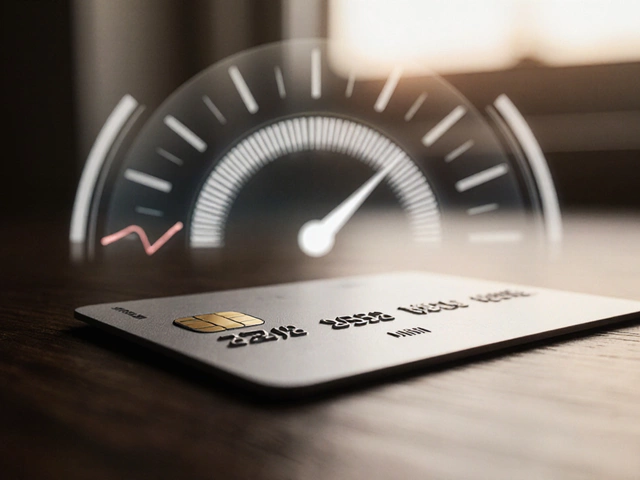
Credit Score Checker
Check Your Credit Score Category
Enter your credit score (300-850) to see which category you fall into and what it means for your financial opportunities.
Your Credit Score Category
Excellent (800-850)
Lowest rates, highest credit limits, best approval odds
Very Good (740-799)
Competitive rates, good limits, most cards available
Good (670-739)
Standard rates, moderate limits, many options
Fair (580-669)
Higher rates, limited options, secured cards recommended
Poor (300-579)
Very high rates or denial, credit rebuilding needed
Next Steps to Improve Your Score
To move from to a higher category:
- 1 Pay on time, every time – Set up automatic payments for at least 12 months
- 2 Trim credit utilization – Keep below 30%, ideally under 10%
- 3 Resolve negative marks – Negotiate with collections agencies
- 4 Add positive credit history – Consider secured cards or credit-builder loans
- 5 Limit hard inquiries – Space out new applications
Credit Score is a numeric snapshot of how you handle borrowed money, usually ranging from 300 to 850. Lenders glance at it to decide whether to approve a loan, what interest rate to charge, or which credit cards to extend. So when you hear someone ask, "Is a score of 580 considered excellent credit?" it’s worth unpacking the scale, the meaning behind each band, and the real‑world consequences for a 580 rating.
How Credit Scores Are Graded
Most U.S. lenders rely on two major scoring models: FICO Score and VantageScore. Both use the same 300‑850 range but slice the bands a little differently. Below is the industry‑standard breakdown most banks quote:
| Score Range | Typical Label | What Lenders Expect |
|---|---|---|
| 800‑850 | Excellent Credit | Lowest rates, highest credit limits |
| 740‑799 | Very Good | Competitive rates, good limits |
| 670‑739 | Good | Standard rates, moderate limits |
| 580‑669 | Fair | Higher rates, limited options |
| 300‑579 | Poor | Very high rates or denial |
Notice the 580 credit score sits right at the bottom edge of the "Fair" band. It’s far from the "Excellent" label that appears only above 800.
What a 580 Score Actually Means
A 580 rating tells lenders you have a shaky repayment history. Common red flags include:
- Multiple late payments (30+ days) over the past two years.
- High credit utilization - often above 30 % of your total credit limits.
- A mix of collections, charge‑offs, or a recent bankruptcy.
- Short credit history - maybe fewer than three years of active accounts.
Because of these factors, banks view a 580 borrower as higher risk. That translates into higher interest rates, smaller credit limits, and sometimes outright denial for premium cards.

How Lenders React to a 580 Score
Different lenders apply slightly different thresholds, but the pattern is clear:
- Traditional banks - Most major banks (e.g., Chase, Bank of America) set a minimum of 620 for their standard credit cards. A 580 score will usually be rejected.
- Credit unions - Because they’re member‑focused, many credit unions accept scores in the high‑500s, often offering secured cards or low‑limit unsecured cards.
- Online lenders - Some fintech firms (e.g., Avant, Upstart) use alternative data and may extend a modest unsecured card to a 580 borrower, but expect higher APRs (25 %+).
- Secured credit cards - These require a cash deposit that serves as your credit limit. A 580 score is hardly a barrier; the deposit replaces the need for a high credit rating.
In every case, the key is that a 580 score does NOT qualify as "excellent" by any industry standard.
Roadmap to Move From Fair to Good
Improving from 580 to at least 670 (the lower bound of "Good") can unlock dramatically better offers. Here’s a practical checklist:
- Pay on time, every time - Set up automatic payments for at least the next 12 months.
- Trim credit utilization - Aim for under 30 %; ideally under 10 % for faster jumps.
- Resolve negative marks - Negotiate with collections agencies to settle or delete old debts.
- Add positive credit history - Consider a secured credit card or a credit‑builder loan.
- Limit hard inquiries - Each new application drops your score by a few points; space them out.
Most experts (including the major credit bureaus - Experian, Equifax, TransUnion) say you can see a 20‑30 point lift after 6 months of clean behavior.

Credit Card Options for a 580 Score
If you need a card now, focus on products that accept fair scores or are secured. Below are common choices in 2025:
- Discover it® Secured - Requires a $200‑$2,500 deposit; 0 % intro APR on purchases for 14 months.
- Capital One Platinum - Unsecured, no annual fee; accepts scores as low as 580, but offers a modest credit line.
- OpenSky® Secured Visa® Card - No credit check; only a $200 deposit; useful for rebuilding.
- Credit Union Secured Card - Many local credit unions (e.g., Navy Federal, PenFed) offer secured cards with lower deposit requirements for members.
- Tommy’s Credit Builder Loan - Not a card, but a small installment loan reported to all three bureaus; helps boost score without a hard pull.
Remember: even if a card is approved, the interest rate may sit around 24‑30 % APR until your score climbs.
Quick TL;DR
- 580 sits in the "Fair" band, far from "Excellent" (800‑850).
- Lenders see it as high risk; most standard cards will decline.
- Secured cards and credit‑union offers are the most realistic options.
- Focus on on‑time payments, lower utilization, and adding positive credit lines to climb into the "Good" range.
Is a 580 credit score considered good?
No. A 580 score falls into the "Fair" category. Good credit starts around 670, while excellent credit begins at 800.
Can I get a credit card with a 580 score?
Yes, but you’ll likely need a secured card or a credit‑union product that accepts fair scores. Expect lower limits and higher APRs.
How long does it take to raise a 580 score to 670?
If you consistently pay on time, cut utilization below 30 % and add a positive credit line, most people see a 20‑30 point gain in 6‑12 months.
Do the three credit bureaus treat a 580 score the same?
All three (Experian, Equifax, TransUnion) use the same 300‑850 scale, so a 580 will appear as "Fair" on each bureau’s report.
Will a 580 score affect my mortgage application?
Most mortgage lenders require at least a 620‑640 score for conventional loans. With a 580 you’d likely need an FHA loan and a larger down payment.







Write a comment